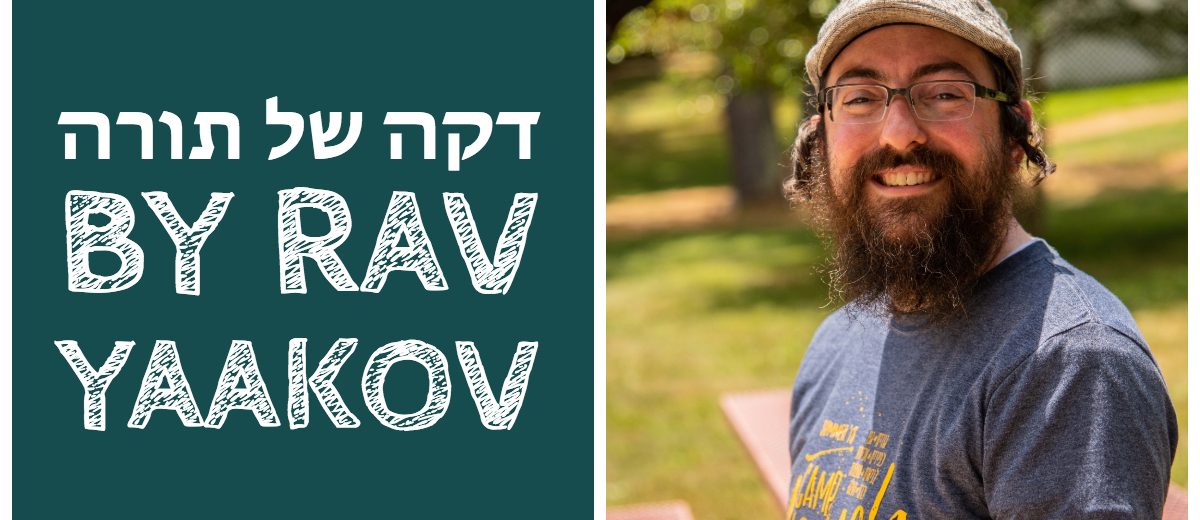Parshat Shlach – The Hard Work of Creating a Holy Society
This week’s Torah portion marks a turning point for the Jewish people after leaving Egypt. They send leaders from each tribe to “spy out the land” of Israel before the people would enter. The spies come back bearing tales of giants and fortified cities, of a land impossible to settle or conquer. Their fear and pessimism sets off a chain reaction in the people, and before long there are cries to return to Egypt. After all God had done for the people in taking them out of slavery and all of the miracles they had personally experienced, this lack of faith showed clearly that this generation was still in a slave mentality, waiting for a “master” to act on their behalf. They could not muster the courage or fortitude required to build a nation in the Promised Land, and so they were doomed to wander the desert for 40 years until dying out.
Doesn’t this seem like an extreme punishment for people who are just afraid of a new situation? And more to point, why were they so afraid, anyway, after all they had seen? Why were the spies, all tribal leaders, so afraid?
According to one chassidic interpretation, the people were not afraid of failure in the Land. They were afraid of success! As slaves their lives were awful, but ordered and predictable. As a redeemed people in the desert their lives were completely protected by God. They were fed manna and covered by a holy cloud as they traveled. They lived lives of physical and spiritual comfort in close proximity to holiness. They knew that entering Israel would change all of that. The leaders would have to work, hard, to guide the people in establishing a functional society. Their own elevated status would likely change. The people were afraid that they would lose the closeness to God and ease of life they felt, after generations of harsh slavery. These feelings were understandable and natural, but they were also incompatible with a people charged with establishing a holy society in a holy Land. God had redeemed us not as a privilege, but with the responsibility to be a holy people. Their charge was to leave their comfort zone to tackle the true freedom of creating their own nation. Self-determination wouldn’t be easy, but it was the Jewish peoples’ destiny. If this generation of Jewish people was not able to fulfill that destiny, then it wouldn’t be able to enter the Land at all. Not necessarily as a punishment, but as a natural consequence (we see a similar pattern with Moshe not being allowed to enter as well, and much later in the story of Eliyahu abdicating his role as a national leader).
Parshat Shelach teaches us that the act of leaving our comfort zones to come together to build a community is not just important, but is living into our destiny as Jewish people. This summer, we will create our own “Promised Land” in Northwood, New Hampshire. Each of us will leave our comforts of home to take our own leadership roles in Yavneh’s Klal Yisrael society. Let’s do it!
Questions for the Shabbat Table:
- Have you ever had an experience where succeeding at something would actually be harder than not doing it at all?
- Is there a specific way that you can challenge yourself to leave your comfort zone this summer at camp?




